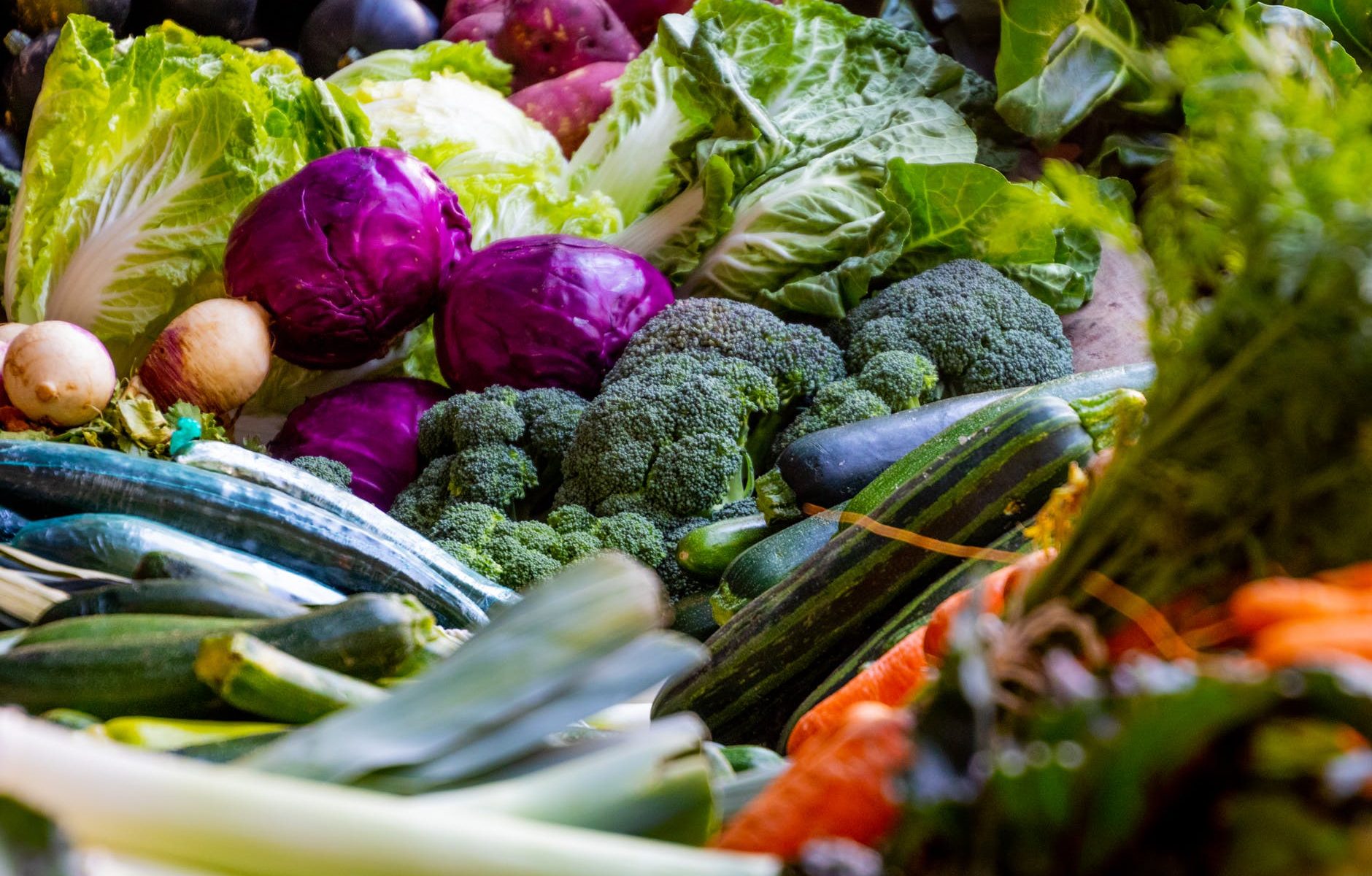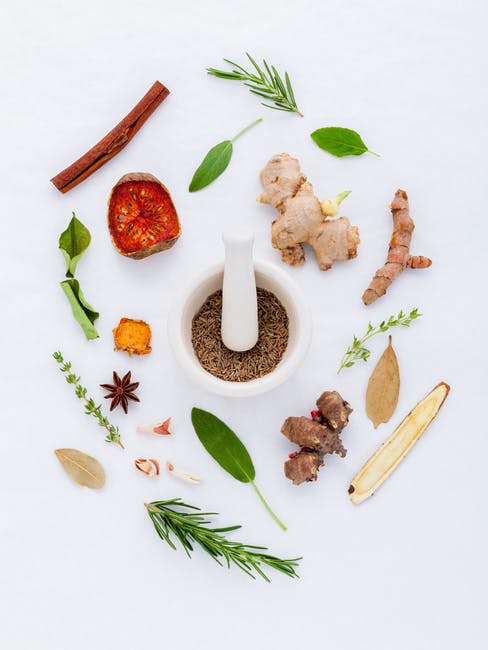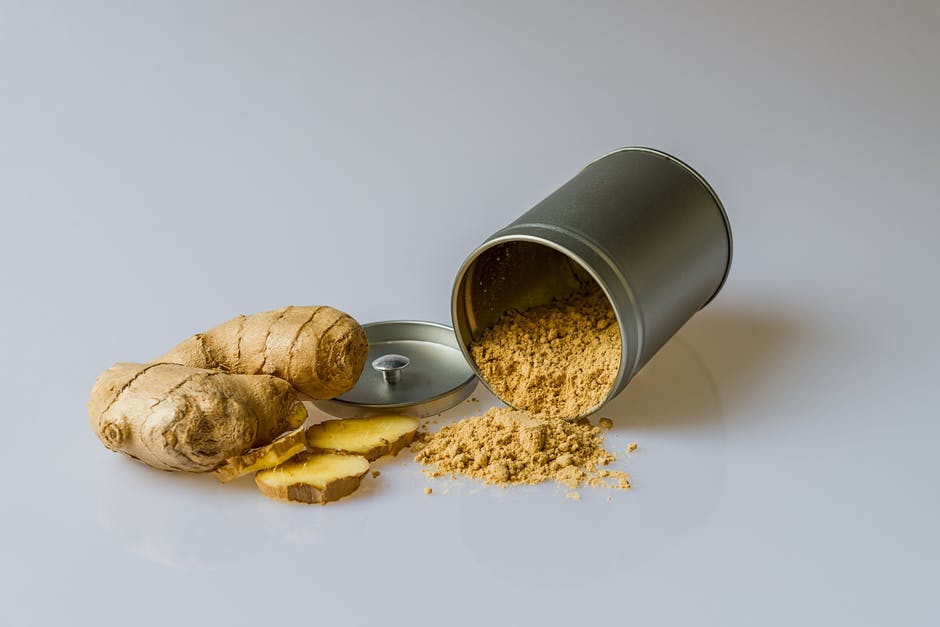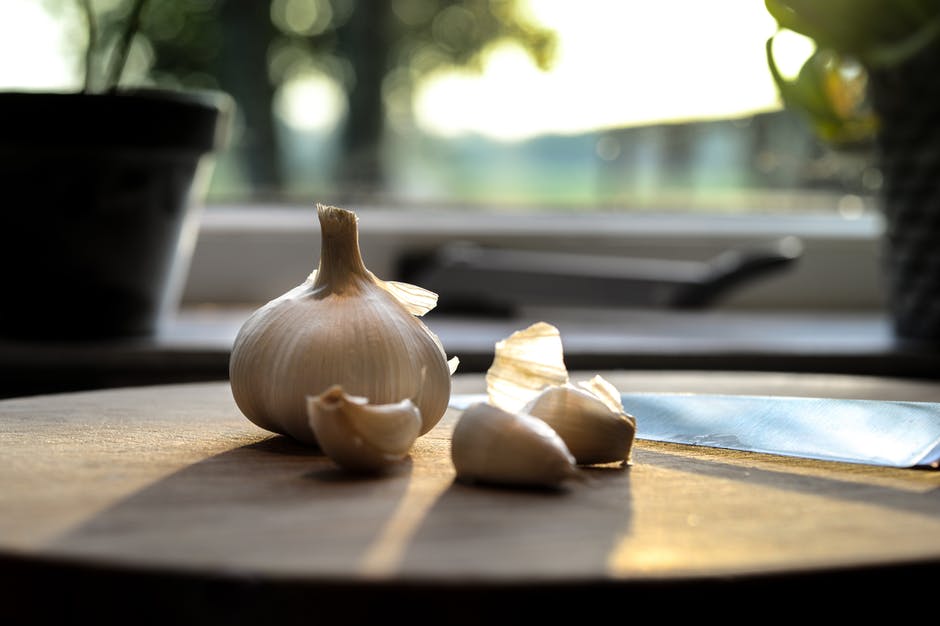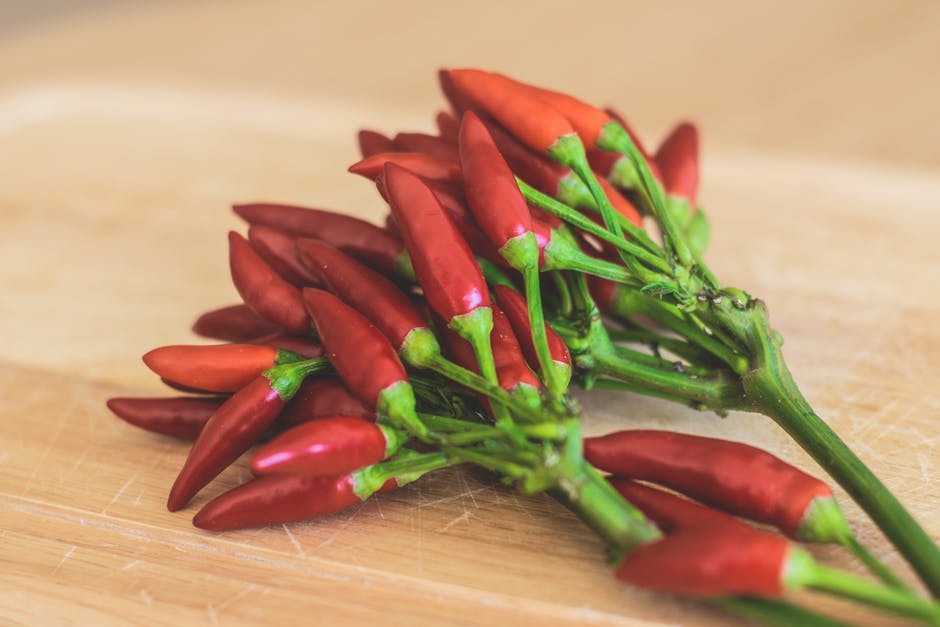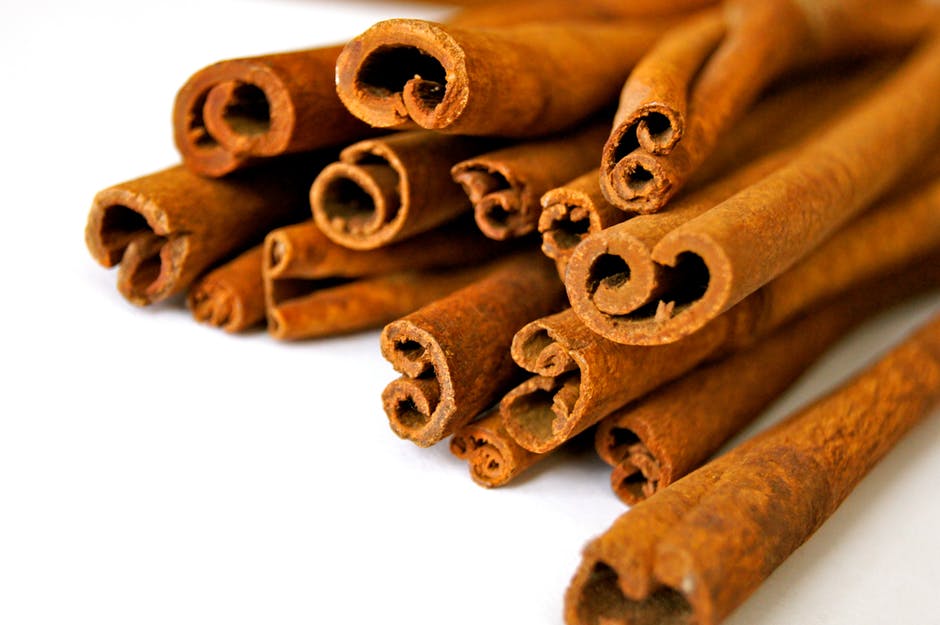“All disease begins in the gut.” This oft-cited quote from Hippocrates still holds quite true, especially in modern times when so many factors are impacting our microbiome, our digestion, and our overall gut health.
Improving and maintaining strong digestion is essential for robust health. Healthy digestion is responsible for optimal nutrient absorption, proper energy production and metabolism, and elimination of toxins and other waste products. A diverse microbiome protects us from infection and supports a healthy mind and mood, among many other things.
Employ the following tips to optimize your gut health and improve digestion immediately.
Relax
Healthy digestion begins in the mind, before food even enters the mouth. Sit down to eat. Take a few deep breaths to relax and feel gratitude for your meal. The sight and smell of food allow the salivary glands to begin to produce the enzymes necessary to initiate the breakdown of food. Eliminate distractions, such as watching television or reading, so you can actually taste your food and sense when you’re full. Slow down and eat mindfully. This allows the nervous system to shift into parasympathetic, aka ‘rest and digest’, mode.
Chew More
The teeth break down food into smaller pieces which make it easier for the digestive system to process. Proper chewing also produces more saliva which contains enzymes that further break down food for increased nutrient absorption.
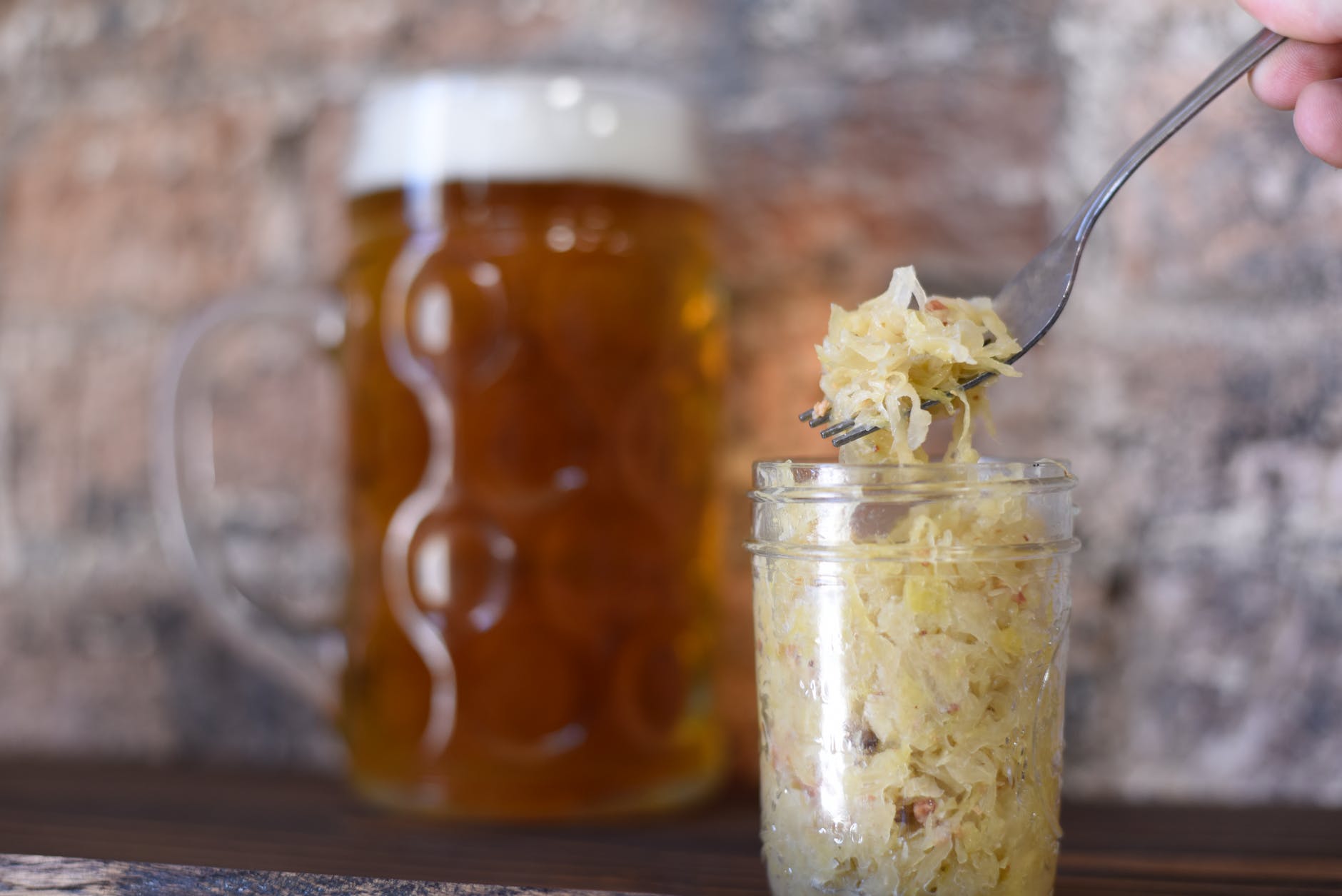
Feed the Gut
Creating a healthy microbiome involves nurturing a wide variety of microbes and feeding those microbes what they need to thrive. Inoculate the gut with probiotics through fermented foods, such as sauerkraut and kimchi, and consider high quality supplements with a variety of strains. Nurture healthy gut microbes by eating a diverse range of foods, focusing on whole unprocessed foods, and consuming a lot of fiber. Legumes, whole grains, fruit, and vegetables are all great choices.
For a list of foods I enjoy on trail to maintain a healthy microbiome, download a copy of my healthy hiker grocery guide for FREE here.
Hydrate
Maintaining a steady intake of non-caffeinated beverages throughout the day is important to ensure healthy elimination and avoid constipation. Water is the ideal choice. There are many opinions on how much, but the old 8×8 rule, or eight eight-ounce glasses, is a good place to start. Increase this amount in hot climates or with heavy exercise.
Drop Unhealthy Habits
Eliminate the following activities which have been shown to disrupt digestion and a healthy microbiome: consuming artificial sweeteners and other food additives, drinking alcohol, smoking, over-consuming caffeine, being overly stressed, late night eating, and taking unnecessary pharmaceuticals.
Exercise
Movement helps food pass through the digestive system. Even a short 15-20 minute walk can improve digestion. Gastrointestinal motility is important not only for physical comfort, but because it helps maintain a healthy bacterial population in the small intestine.
Consume Herbs to Enhance Digestion
Incorporate the following herbs to support liver and gallbladder health, stimulate digestion, and repair the digestive tract: Ginger root, Dandelion root, Peppermint leaf, Milk Thistle seed, and Slippery Elm bark. Use an infusion or decoction to prepare these herbs, depending on the part of the plant with which you’re working.
Incorporate any or all of the above tips to ensure robust digestion and all the benefits that go along with that!

